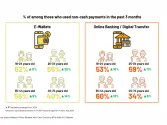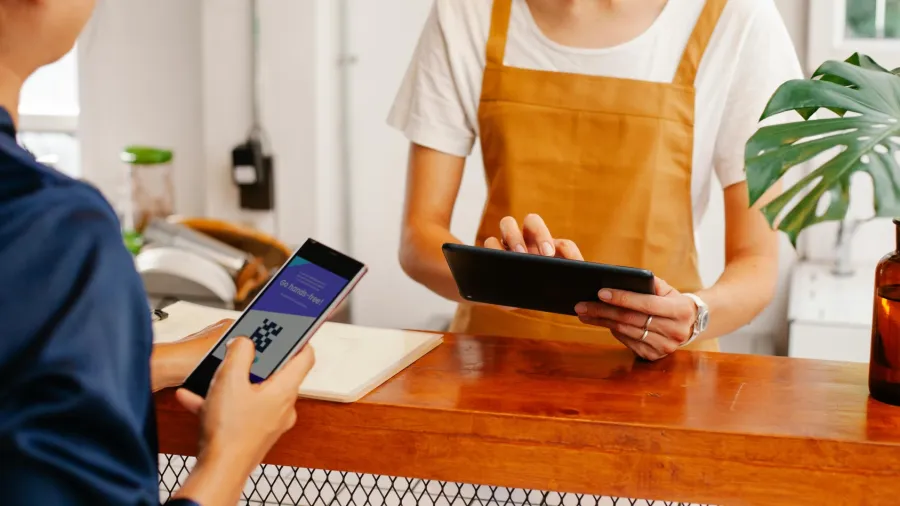
Gamification boosts retailer loyalty programmes
About 22% of digital consumers engage in loyalty programmes for exclusive experiences.
Retailers are increasingly using gamification to enhance in-store experiences and loyalty programmes.
According to a 2023 survey by Euromonitor International, 22% of digital consumers engage in loyalty programmes for exclusive experiences, whilst 34% are motivated by exclusive rewards.
Traditional point-based schemes, however, often fall short of ensuring repeat purchases. Integrating gaming elements can amplify customer participation and retention by tapping into goal-oriented consumer behavior.
Retailers are innovating with in-store gamified experiences, such as QR code treasure hunts, time-sensitive challenges, and tiered rewards based on spending or product categories. For these initiatives to succeed, they require user-friendly apps with transparent tracking of achievements and rewards. Offering immediate, real-time rewards can also drive increased usage and consumer excitement.
Monthly personalised challenges based on shoppers' previous purchases could be completed both in-store and online, thereby boosting omnichannel engagement and enticing consumers to return.
Retailers are also increasingly leveraging digital technologies like AR/VR, the Internet of Things, and livestreaming to augment their gamification strategies.
ALSO READ: Chinese consumers prioritise entertainment and relaxation in retail choices: report
Additionally, the integration of Generative AI is revolutionizing how consumers interact with brands. Features such as chatbot assistants, virtual try-ons, and predictive analytics enhance the user experience and enable retailers to analyse consumer data more effectively.
Generative AI can also decode consumers' preferences and history to offer hyper-personalised quests and challenges. This level of personalisation can significantly boost engagement, drive data collection, and foster loyalty, ultimately leading to increased spending in-store.
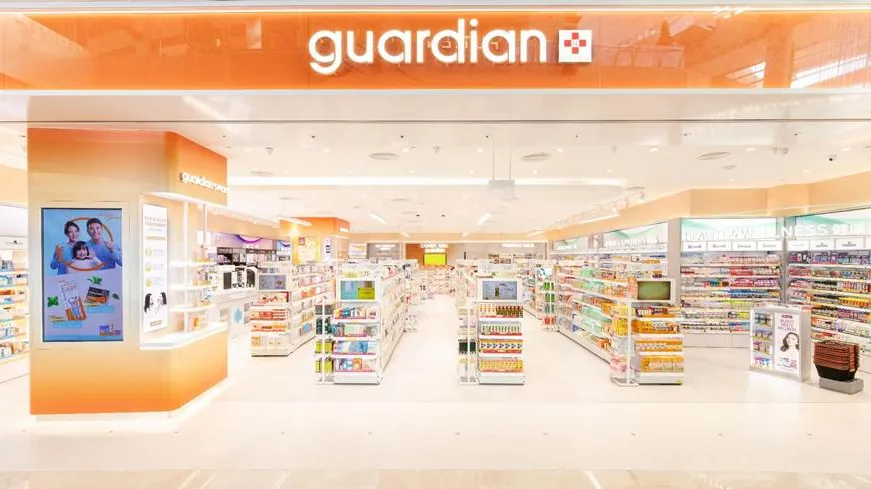
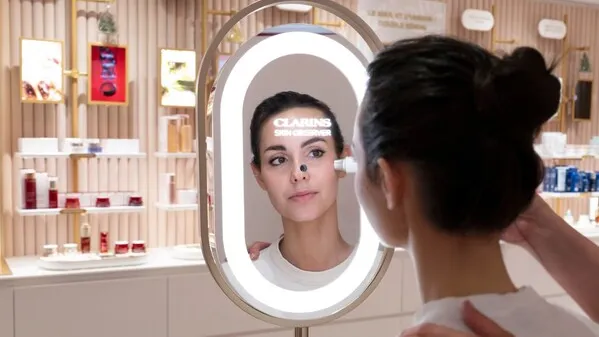



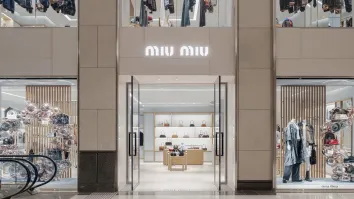













 Advertise
Advertise

